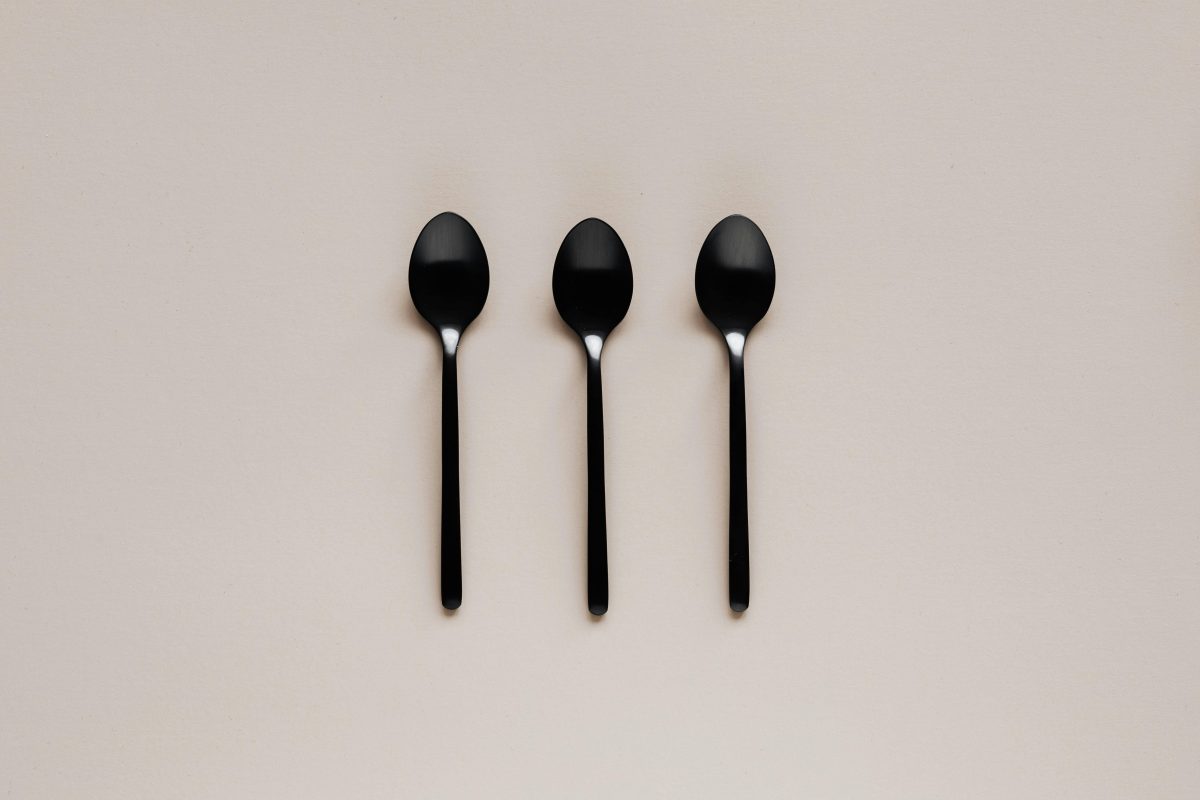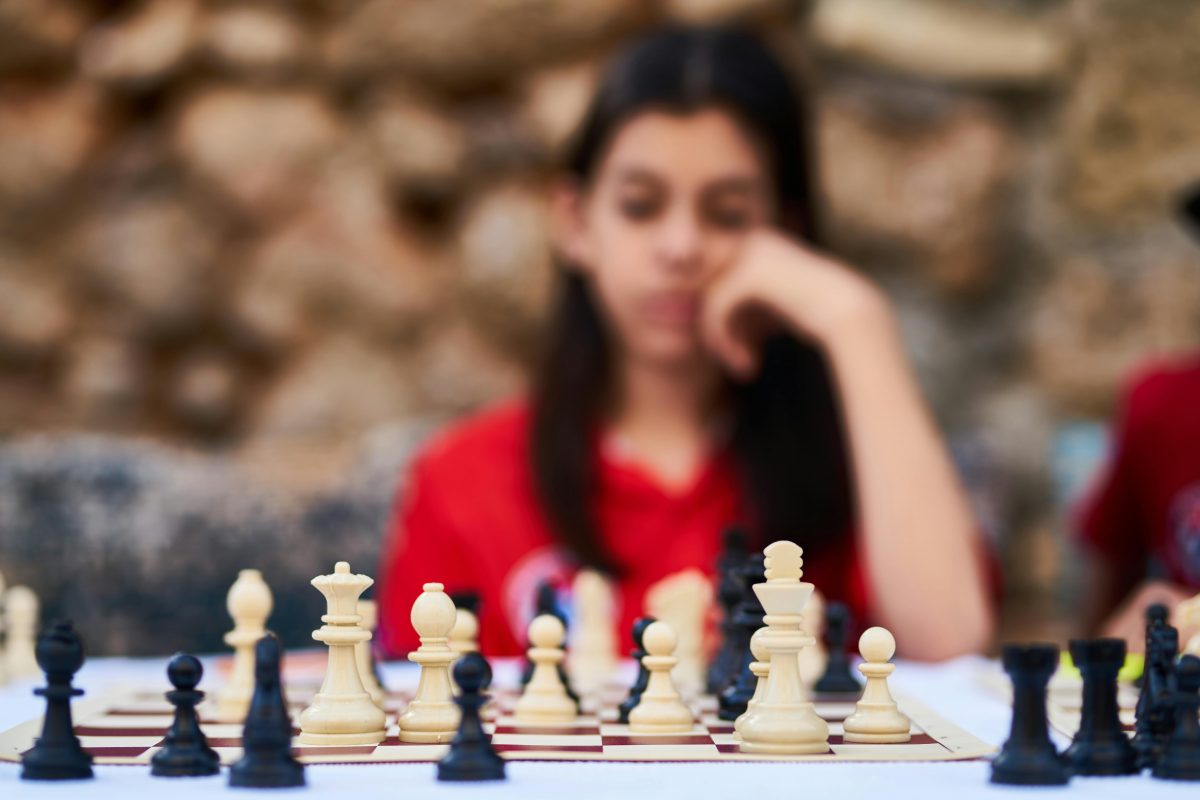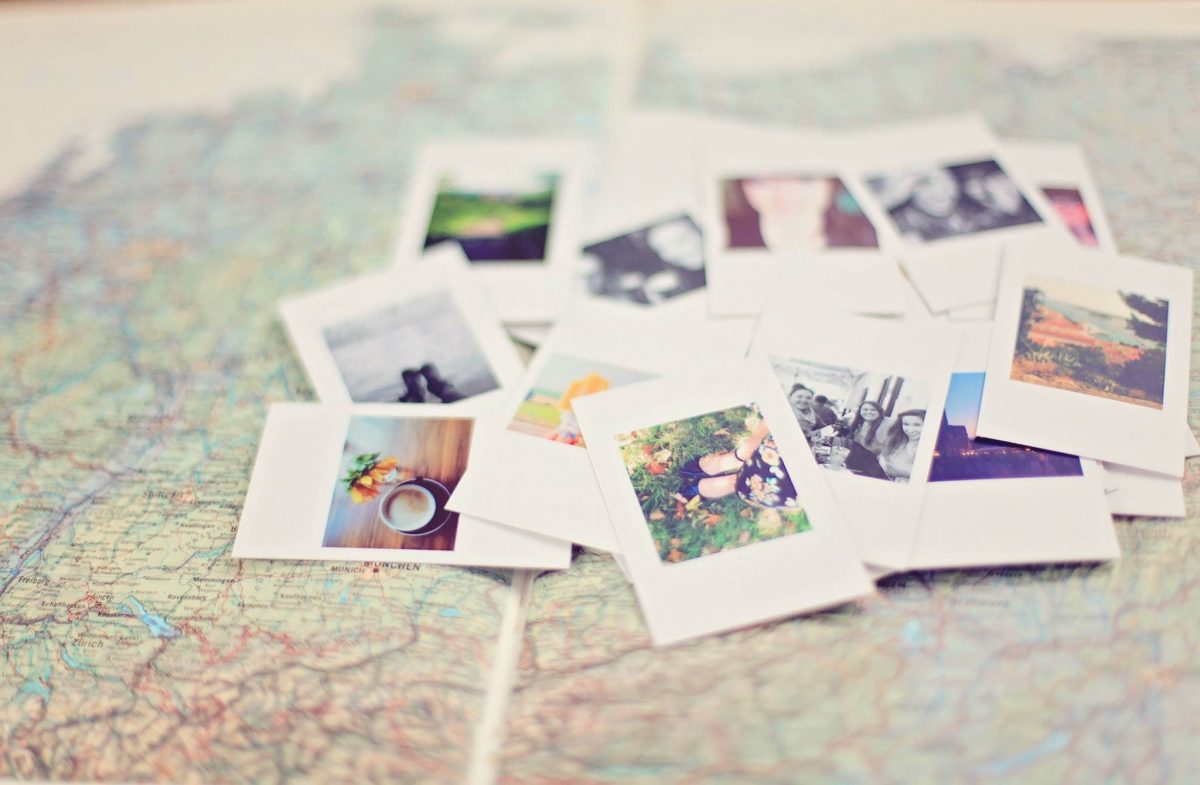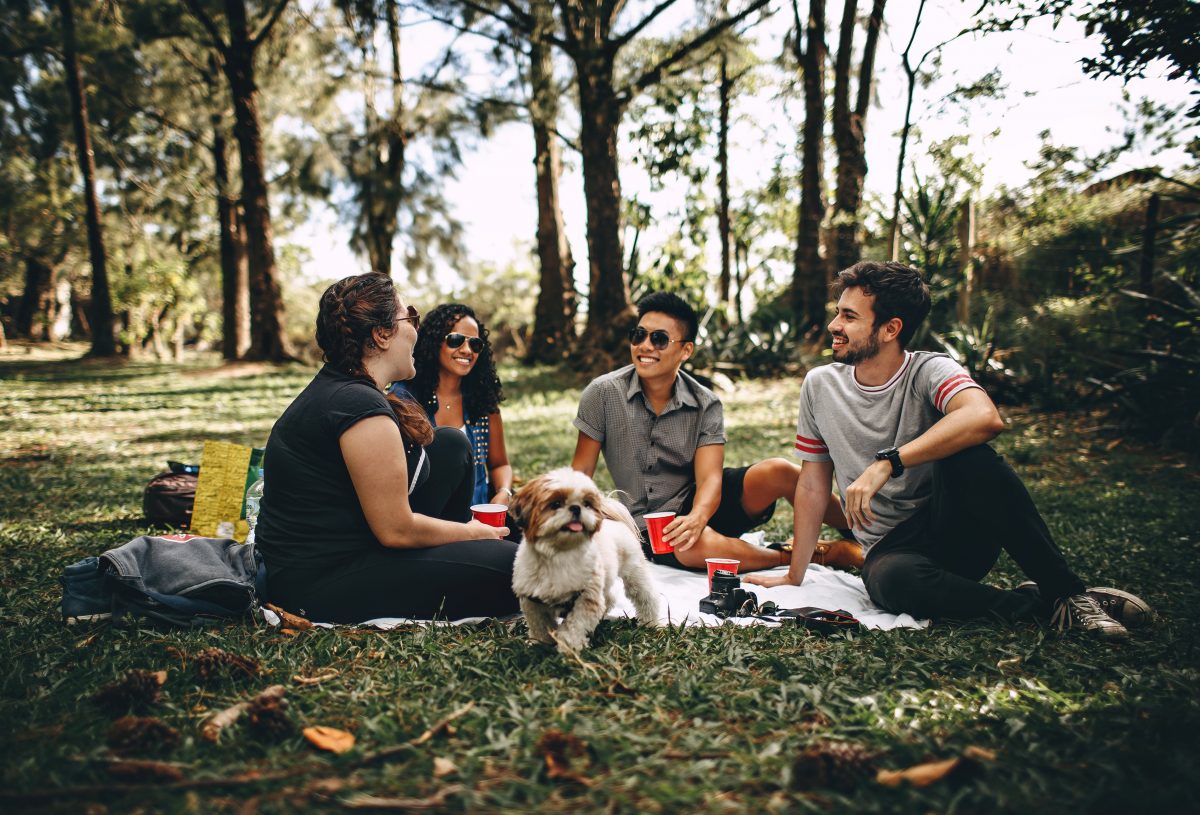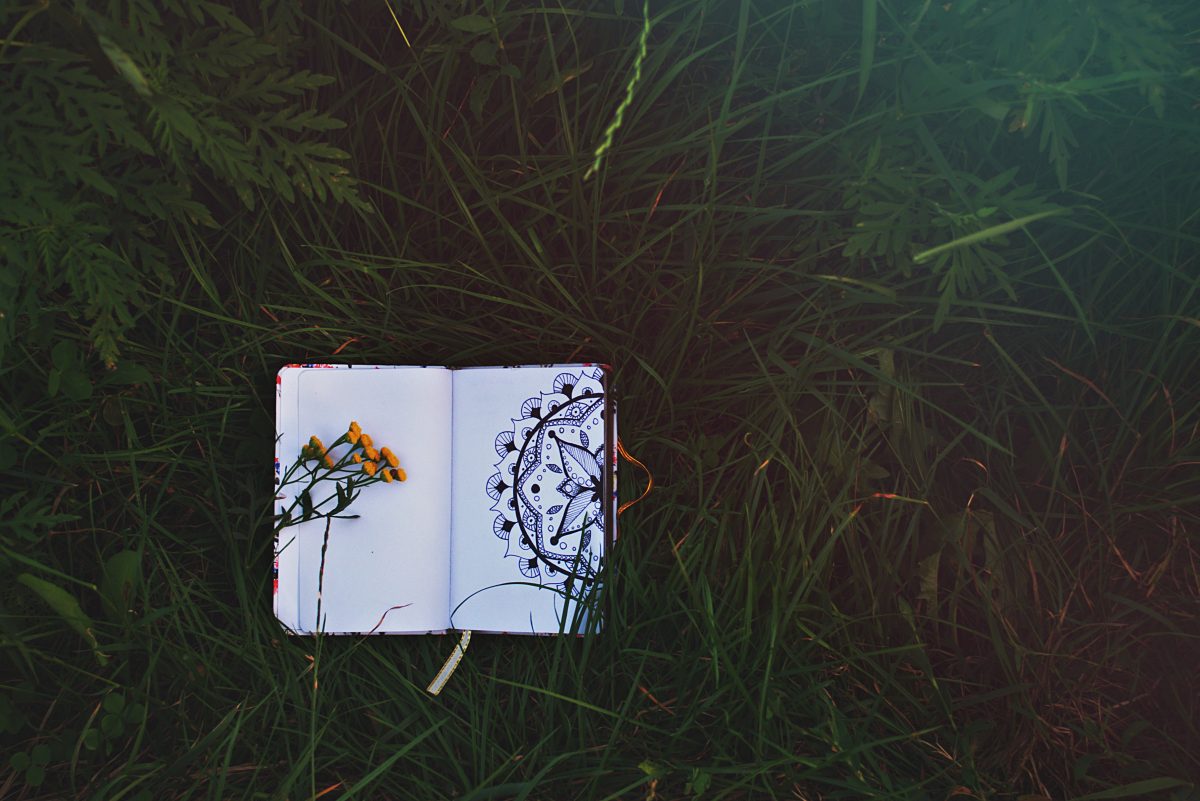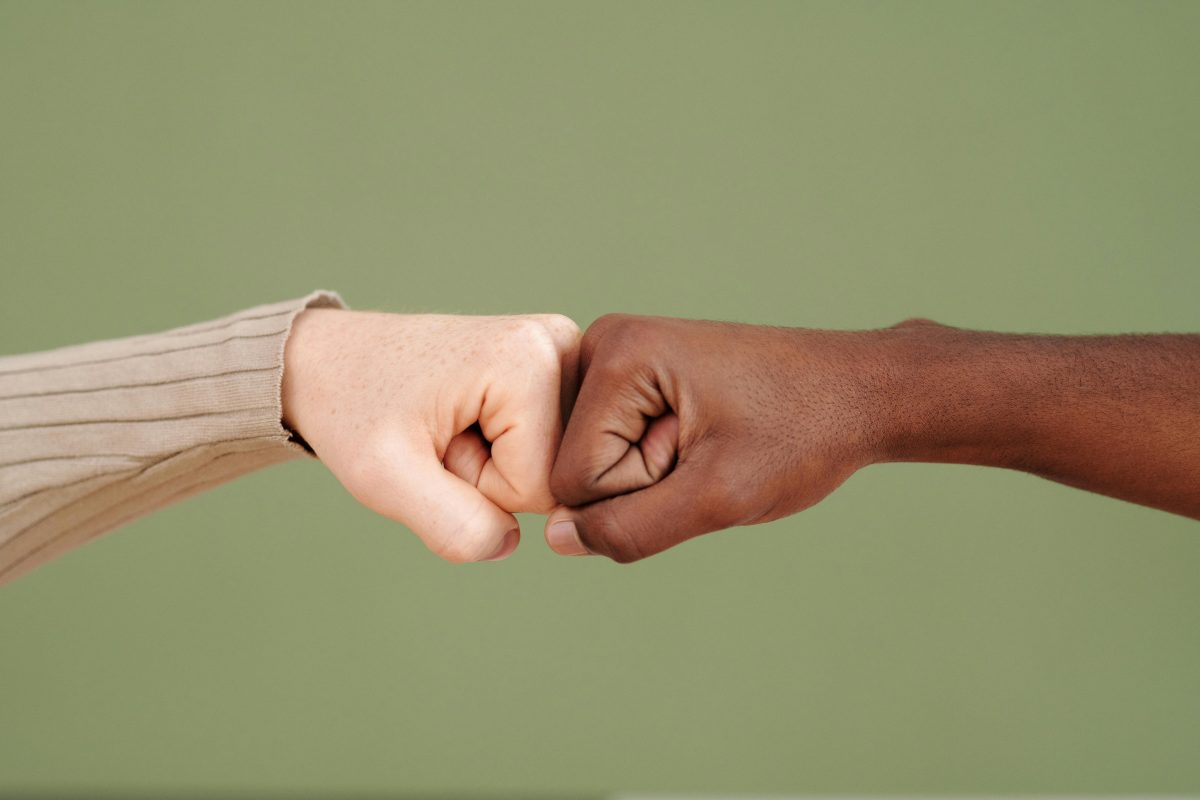
By Yamila García
I have come to realize that I am deeply grateful to people, sometimes even more than necessary. It’s not that gratitude is wrong; what feels off to me is being grateful without acknowledging one’s own worth.
As many might understand or relate, being neurodivergent means encountering a lot of rejection and negative attitudes from others. Whether due to ignorance, lack of empathy, or any other reason, many of us have faced rejection, mockery, mistreatment, and prejudice throughout our lives. That’s why, whenever I’ve encountered people who treat me with respect, kindness, and empathy, my gratitude knows no bounds. I find myself unable to stop expressing my thanks, demonstrating how much I appreciate their attitude towards me, and making a commitment to give back even more, to do better, and so on. In those moments when all I could see was them giving to me, I failed to recognize myself as an active participant in the interaction. It hadn’t occurred to me to consider that perhaps I had earned that opportunity or that respect. It’s as if after enduring so many “hits,” one becomes accustomed to it and even starts to believe that it’s normal. However, the mistreatment of those who are different can never be considered normal.
It’s challenging to reconcile with oneself and recognize one’s own value when we’re constantly being told what we’re doing wrong, how strange our behavior is, or how different we appear from others. Nevertheless, and with absolute conviction, I now believe that there is no reason or excuse for the times when we haven’t been treated with respect or empathy. The times when I have received opportunities, respect, and empathy are because I deserve them. I work diligently and approach my tasks with dedication. I value those who collaborate with me, respect their work and ideas, and treat everyone with equal levels of respect. And above all, I understand what it’s like to be denied objective and respectful treatment simply because you are different.
